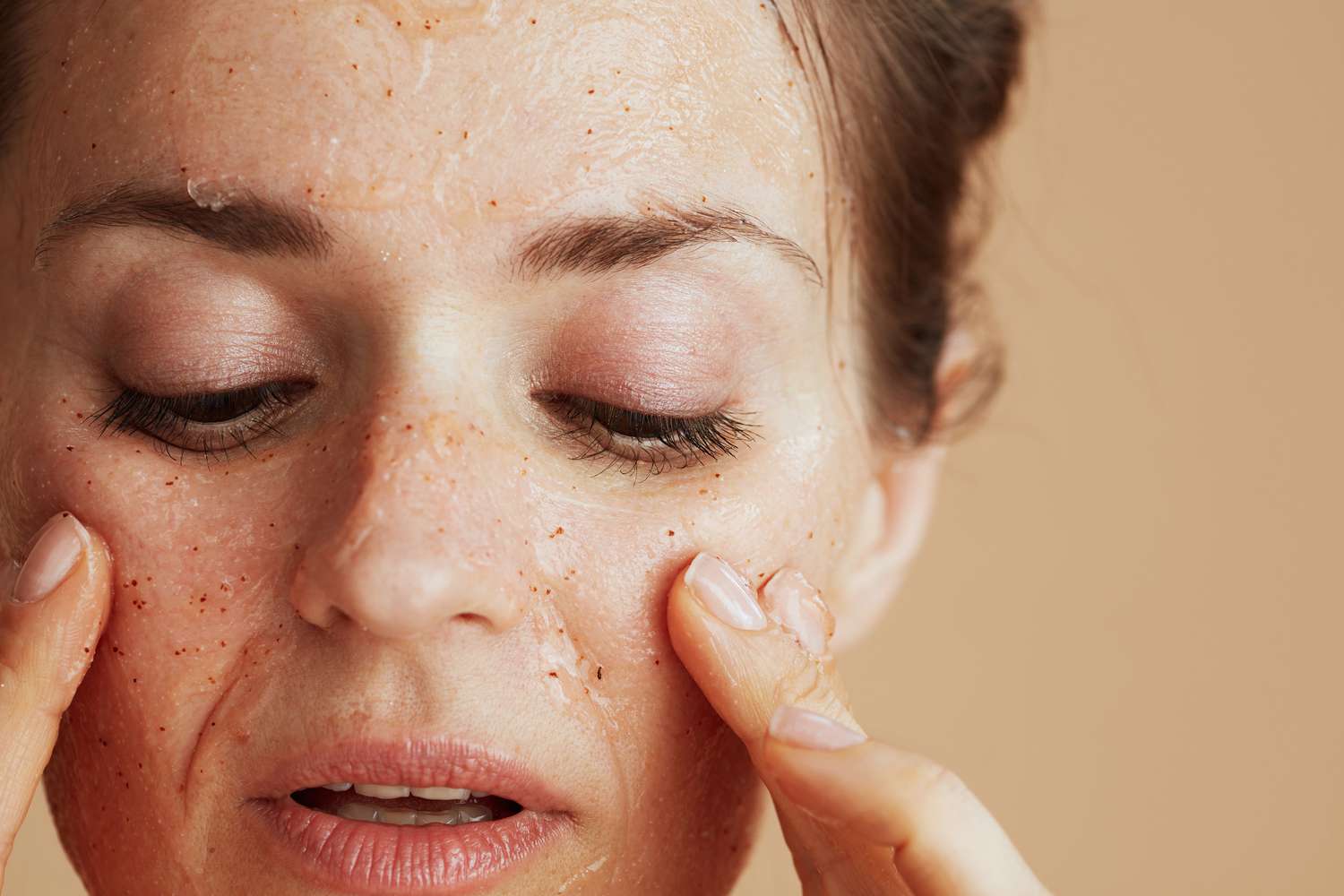What is Your Skin Barrier?
Your skin barrier is the outermost layer of your skin, composed of dead cells, lipids, proteins, and fats. Its primary function is to protect the underlying, living layers of your skin. Think of it like armor, keeping harmful chemicals, bacteria, and pollutants out while helping to retain moisture. It’s essential for overall skin health.
What Can Damage Your Skin Barrier?
Your skin barrier can be compromised due to various factors:
- Harsh Products: Using soaps or skincare products with strong chemicals can strip the skin of its natural oils.
- Over-exfoliating: Excessive scrubbing or using harsh exfoliants can damage your skin’s protective layer.
- Skipping Moisturizer: Not hydrating your skin properly can leave it vulnerable to environmental stressors.
- Skin Conditions: Eczema, acne, rosacea, and psoriasis can cause a weakened skin barrier.
Signs Your Skin Barrier is Damaged:
If your skin is experiencing any of the following, it may indicate that your skin barrier is compromised:
- Acne breakouts
- Dry, flaky, or scaly skin
- Inflammation and irritation
- Itchiness and rough patches
- Increased sensitivity, especially when applying products
- Stinging sensations when using skin care items
- Infection or tenderness
How to Heal and Protect Your Skin Barrier:

If you’re noticing signs of a damaged skin barrier, here are steps you can take to repair it:
- Wash with Lukewarm Water: Hot water can strip natural oils from the skin, so avoid scalding water when washing your face.
- Use a Soap-Free Cleanser: Opt for a mild, fragrance-free cleanser designed for sensitive skin to avoid further stripping your skin’s natural oils.
- Exfoliate Gently: Rather than using harsh physical exfoliants, consider a mild chemical exfoliant like alpha-hydroxy acids (AHAs) that gently dissolve dead skin cells.
- Don’t Over-Cleanse: Over-cleansing can weaken your skin barrier. Stick to cleansing once or twice daily with a gentle product.
- Moisturize Regularly: Use a moisturizer containing ceramides, fatty acids, and lipids, which help to rebuild and strengthen your skin barrier.
- Apply Sunscreen: Sun exposure can damage your skin barrier. Use a broad-spectrum sunscreen every day to protect your skin from UV damage.
- Treat Pimples with Care: Avoid popping or picking at pimples, as this can lead to scarring and further damage to the skin barrier.
- Maintain pH Balance: Your skin’s natural pH is around 5.5. Avoid products that are too alkaline or acidic, as they can throw off the skin’s balance and harm the barrier.
Can Your Skin Barrier Be Permanently Damaged?
As you age, your skin barrier becomes less efficient at repairing itself. It’s especially harder for older skin to recover from stressors like harsh products or environmental exposure. But with the right care, you can help your skin heal and maintain a healthier barrier.
How Long Does it Take to Repair Your Skin Barrier?
Patience is key! While it can be frustrating, repairing your skin barrier takes time—typically 3-4 months to see noticeable improvements. Consistent care, hydration, and the right products will slowly restore your skin’s protective layer.
Final Thoughts:
Taking proper care of your skin barrier is essential for healthy, radiant skin. By following the right steps to repair and protect it, you can ensure long-lasting skin health and prevent further damage.
Also Read : Sodium Hydroxide for Skin: The Complete Guide



